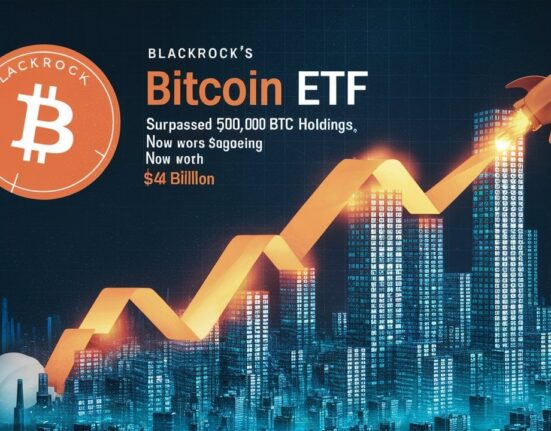Following an exemption from an SEC staff accounting bulletin, BNY Mellon edged closer to Bitcoin and Ethereum custody.
Bloomberg reported that BNY Mellon was poised to provide crypto custodial services for spot Bitcoin (BTC) and spot Ether (ETH) exchange-traded funds on Wall Street. According to the report, America’s oldest banking house moved closer to crypto ETF custody after a review by the Office of the Chief Accountant at the U.S. Securities and Exchange Commission.
The review, which seemingly granted BNY Mellon a Staff Accounting Bulletin 121 (SAB 121) exemption, means the bank is not required to consider customer crypto as a corporate liability. This operational shift could allow more traditional banks to safeguard cryptocurrencies, a practice that has largely been unavailable to them so far.
Furthermore, BNY Mellon’s custody of BTC and ETH in crypto ETFs could challenge Coinbase’s dominant position in the market. Coinbase currently holds the digital assets backing most of Wall Street’s spot crypto ETFs, including funds issued by the $10 trillion wealth manager BlackRock.
BNY Mellon has shown interest in the crypto custody market since 2023. In January last year, CEO Robin Vince mentioned digital assets during an earnings call as part of the firm’s long-term strategies.
Bloomberg analysts predicted that the crypto custody market is growing by 30% annually and is currently worth $300 million. If this growth rate continues, the sector could be valued at over $1 billion by 2032, with an annual increase of around $90 million.
However, regulatory scrutiny may affect BNY Mellon’s progress and entry into the crypto custodial ecosystem. Lawmakers, including U.S. Representative Patrick McHenry and Senator Cynthia Lummis, cited private meetings held between SEC staff and companies in a bicameral letter addressed to the SEC and three other regulators.
SAB 121 exemptions were presumably discussed during these meetings, but it is unknown whether BNY Mellon received its review as part of what lawmakers suggested were questionable discussions.








